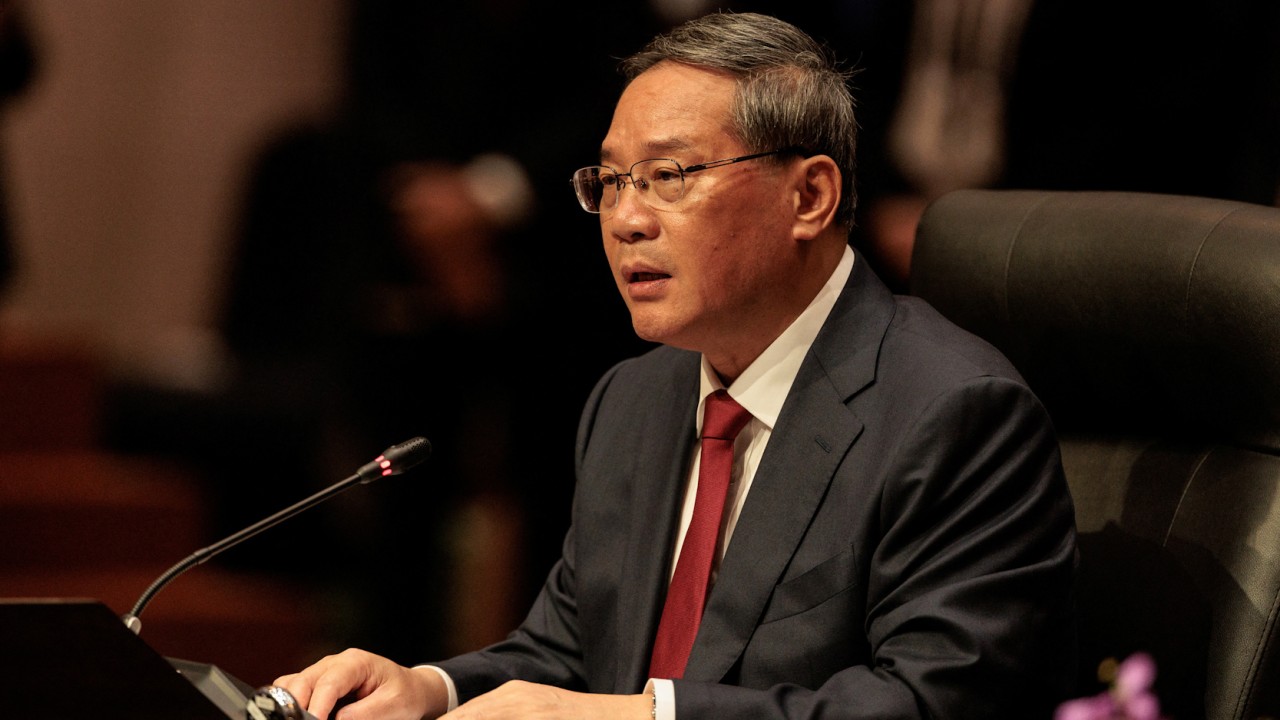Opinion | Hong Kong needs to roll out the welcome mat for Asean talent. Here’s how

[ad_1]
First, we must create value propositions for skilled labour and entrepreneurs from Southeast Asia. This means looking beyond our crucial, yet insufficient, function as a bridge between China and the rest of the world.

On one hand, this calls for a strengthening of the upsides for those relocating to Hong Kong – whether in issuing multi-entry, longer-term visas in accessing mainland China, through structured networking platforms, communities and events connecting Southeast Asian entrepreneurs with Chinese investors and regulators, or by tailoring legal counselling services with robust China expertise to the needs of Asean clients.
On the other hand, both the government and private actors in Hong Kong should further reduce the barriers to entry.
We must also seize upon the talent influx to foster an ethos of Sino-Asean collaboration, equipping mainland talent with an understanding of Southeast Asian economies and markets, and vice versa. It is through such knowledge exchanges that Hong Kong moves beyond a conventional bridging role and adds value for both China and Southeast Asia.
A sizeable population of Malay, Thai and Vietnamese speakers in Hong Kong, even if proficient in English, would put pressure on our government to expand the breadth of cultural and language education, thus equipping future generations to navigate an increasingly important region.
How Hong Kong can become the Asian century’s financial linchpin
How Hong Kong can become the Asian century’s financial linchpin
Third, we must seek to deepen Hong Kong’s academic collaboration with Asean, including scholarships. Indeed, the Belt and Road Scholarship programme has gone from awarding 10 places in Hong Kong universities in 2016/17, to 99 in 2021/22.
But these are insufficient. Hong Kong’s government must scale up the scholarships available to students from Southeast Asia while also tapping their young professionals. The Asia Global Fellows programme at the University of Hong Kong, for example, offers mid-career professionals a chance to study and collaborate here.
Hong Kong must also make available more Asean internships and job-matching services to local students, especially those from less privileged backgrounds who may struggle with finding employment locally. Public and private-sector leaders have a pivotal role in establishing partnerships with their counterparts in Southeast Asia.
Hong Kong has no time to lose in courting Asean.
Brian Y.S. Wong is an assistant professor in philosophy at the University of Hong Kong, and a Rhodes Scholar and adviser on strategy for the Oxford Global Society
[ad_2]
Source link





